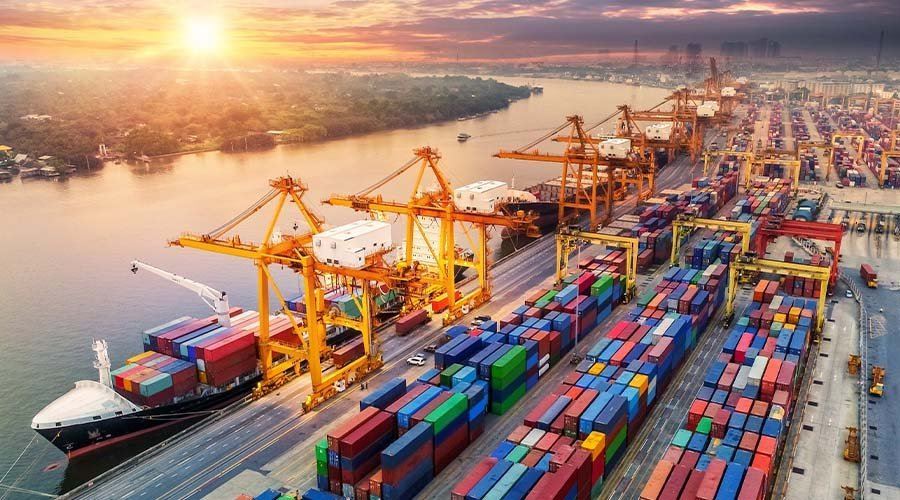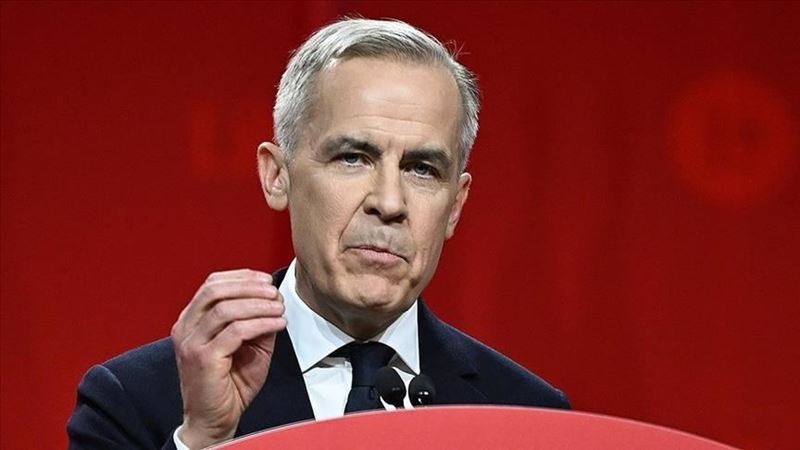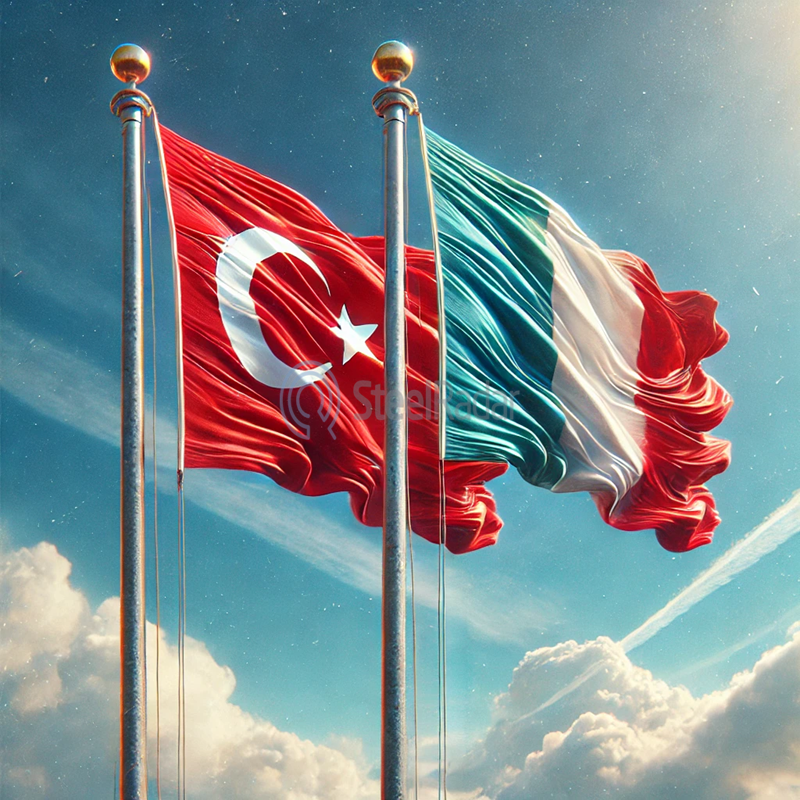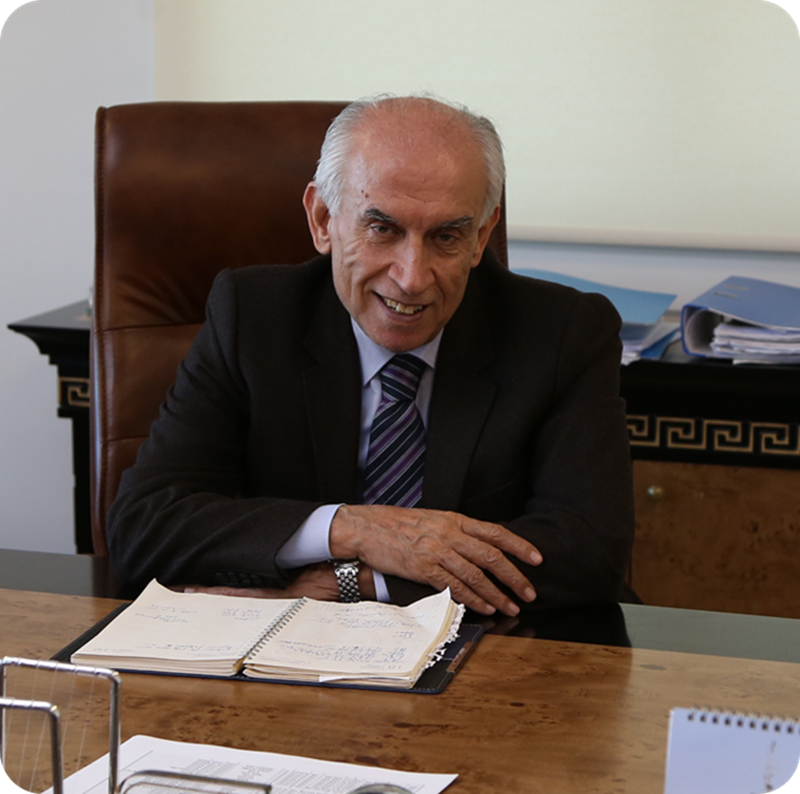The rapid depreciation of the euro against the dollar has put exporters who have bought raw materials with 'cheap dollars' and sold products with 'valued euros' in a difficult situation. The export sector has been in search of a 'dollar market'. Çetin Tecdelioğlu, the Deputy Chairman of the Turkish Exporters Assembly (TIM) and the President of the Istanbul Ferrous and Non-Ferrous Metals Exporters' Association (IDDMIB), stated that the volatility in the Euro/Dollar parity affected the sector negatively: “Our raw material imports are in dollars, but our exports are in euros. Unfortunately, the parity difference affects our profitability negatively. In order to increase our exports in dollar terms and to decrease the market share of our exports in euros, we need to make more efforts in dollar markets," he said.
WE SHOULD SELL GOODS BASED ON DOLLAR
Tecdelioğlu said, "We need to find markets to sell goods in dollar terms," and continued as follows: Europe was a close region. Its importance in line with the "Distance Markets Strategy", which is the target of 80 billion dollars export to 18 countries, recently announced by our Ministry of Commerce, has been revealed once again. We will make efforts to export more value-added dollars in distant markets. In line with the opportunities given to us by the pandemic, we need to take action as soon as possible and turn the opportunity into sales.
1.15-1.20 INCOME IN MEDIUM-LONG TERM
Gökhan Turhan, Chairman of ARMATÜR Association, said, “We buy products with dollars, we sell them with euros. The 15-20 percent difference is reflected to us directly as either a decrease in profit or a loss. The parity may exceed the 1 threshold and go down a little more, but then I think it will reach 1.15-1.20 levels in the medium and long term. A difficult period awaits the Turkish industrialists. Previously, we could have an advantage because of the pair; now our profitability will decrease and our production efficiency will also be disrupted. The shrinkage in the markets will reduce our capacity utilization rates and will affect our profitability," he said.
PRICE WILL INCREASE IN EUROPE
Talha Özger, Chairman of the Board of the Household and Kitchenwares Industrialists and Exporters Association (EVSID), pointed out that 55 percent of the trade in the sector is in Euros and said, “The decrease in parity will affect us negatively. At the same time, we buy raw material commodities in dollar terms. The gap in between will affect us financially negatively. People were used to the 5% parity. Along with the Colombian model, we have an event that we will organize the second one in South Africa next month. We need to focus more on distant markets. We can say that the prices in the Eurozone will increase a little more and this will negatively affect the sales,” he said.
IT WILL AFFECT THE COMPETITION
Kazım Taycı, Chairman of the Board of Istanbul Cereals, Pulses, Oilseeds and Products Exporters' Association (İHBİR), said, “We buy our raw material, nearly 100 percent of our input costs, on dollar basis. 50 percent of the country's exports are made to the European Union (EU). Therefore, this will have a very serious negative impact on our sales to the EU. In the past, the parity difference was protecting us. The disappearance of this difference will seriously affect the profitability of companies. If the companies reflect the change in parity to their product sales prices, it will cause the loss of competitiveness of Turkey in Europe. We will be affected by tourism revenues on a Euro basis," he said.
5-10% LOSS WILL BE EXPERIENCED
Gürkan Gözmen, Chairman of the Board of the Turkish Leather Confectioners Association (TDKD), said, “The decrease in parity in EU countries, where we make the majority of our exports, will cause a loss of 5 to 10 percent in our companies that supply raw and auxiliary materials in dollars, and will also cause a decrease in our export figures in dollar terms. . If the industry waits a little longer and the situation becomes permanent, it should take a position very quickly and go for new pricing in sales and supplies. Of course, this may not give positive results for companies working in the EU market," he said.
PARITY GAIN IS NEUTRAL
Burak Önder, General Manager of Lux Plastik, pointed out that the rise in inflation in the USA to 9.1 percent above the expectations and the expectation of the FED to increase interest rates by 100 basis points caused the dollar to strengthen against other currencies. The majority of its export and tourism revenues are in euros, while the majority of its imports and debt payments are in dollars. Turkey had been gaining parity from this situation for about 20 years. Both as a country and as exporters, this parity gain has become neutral.”









Comments
No comment yet.